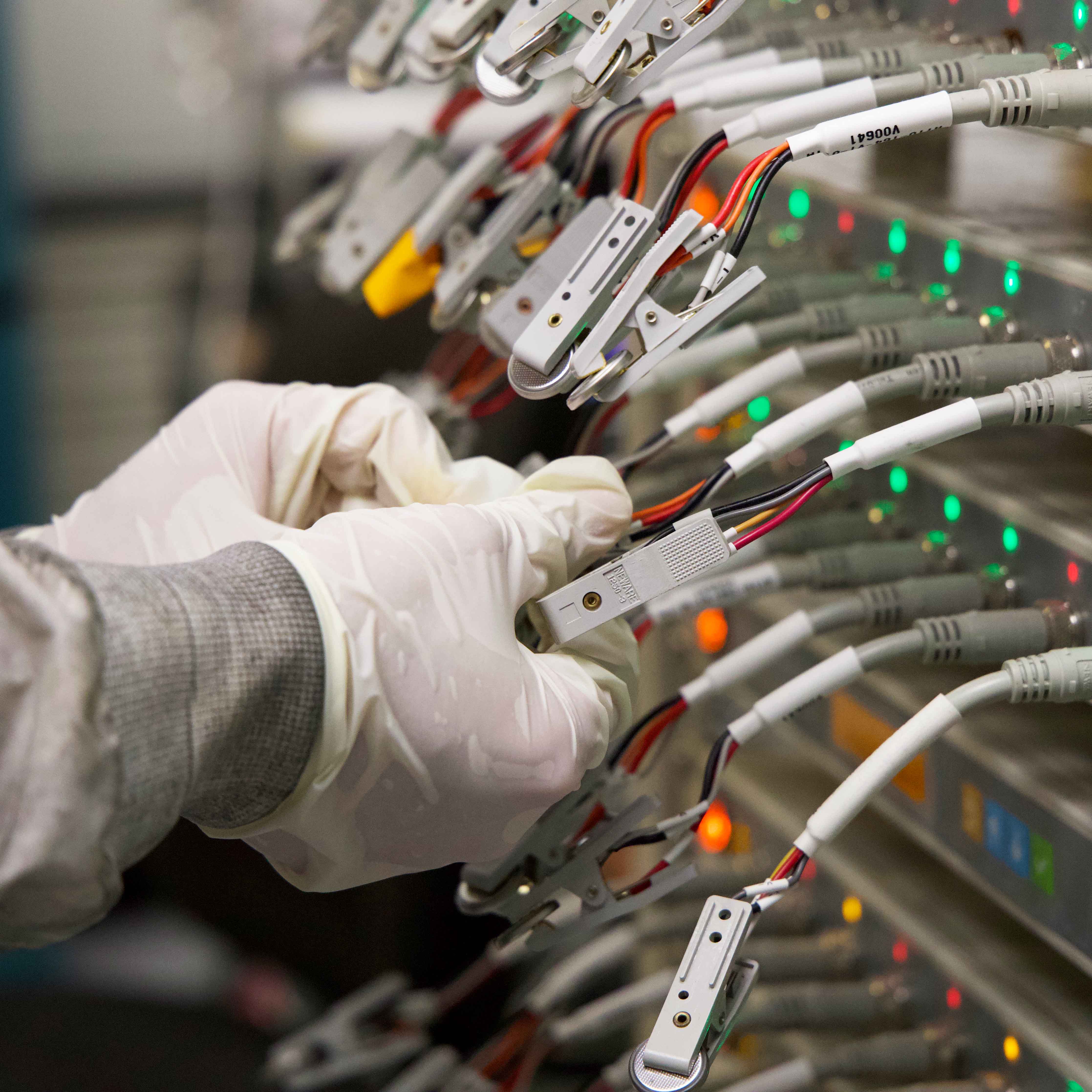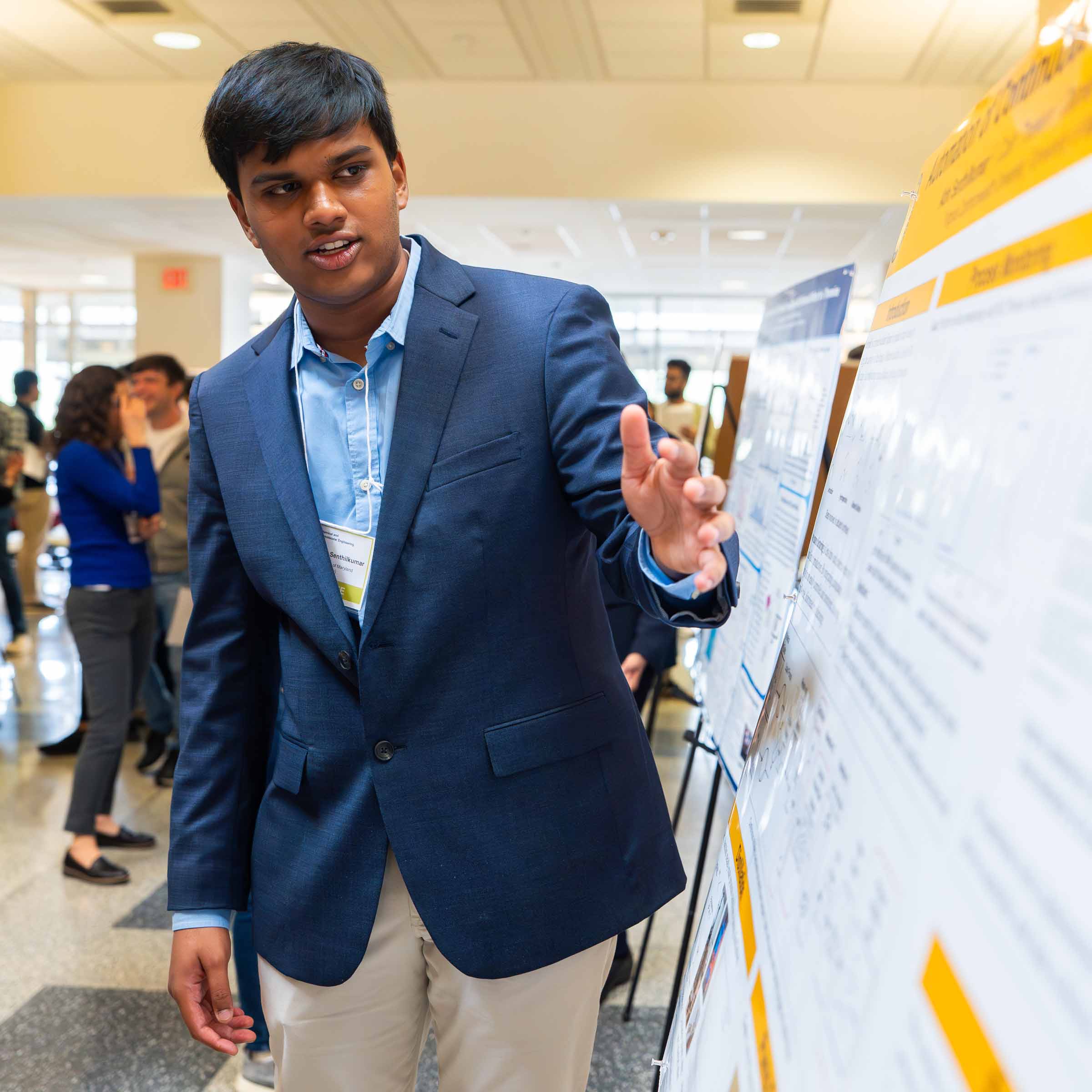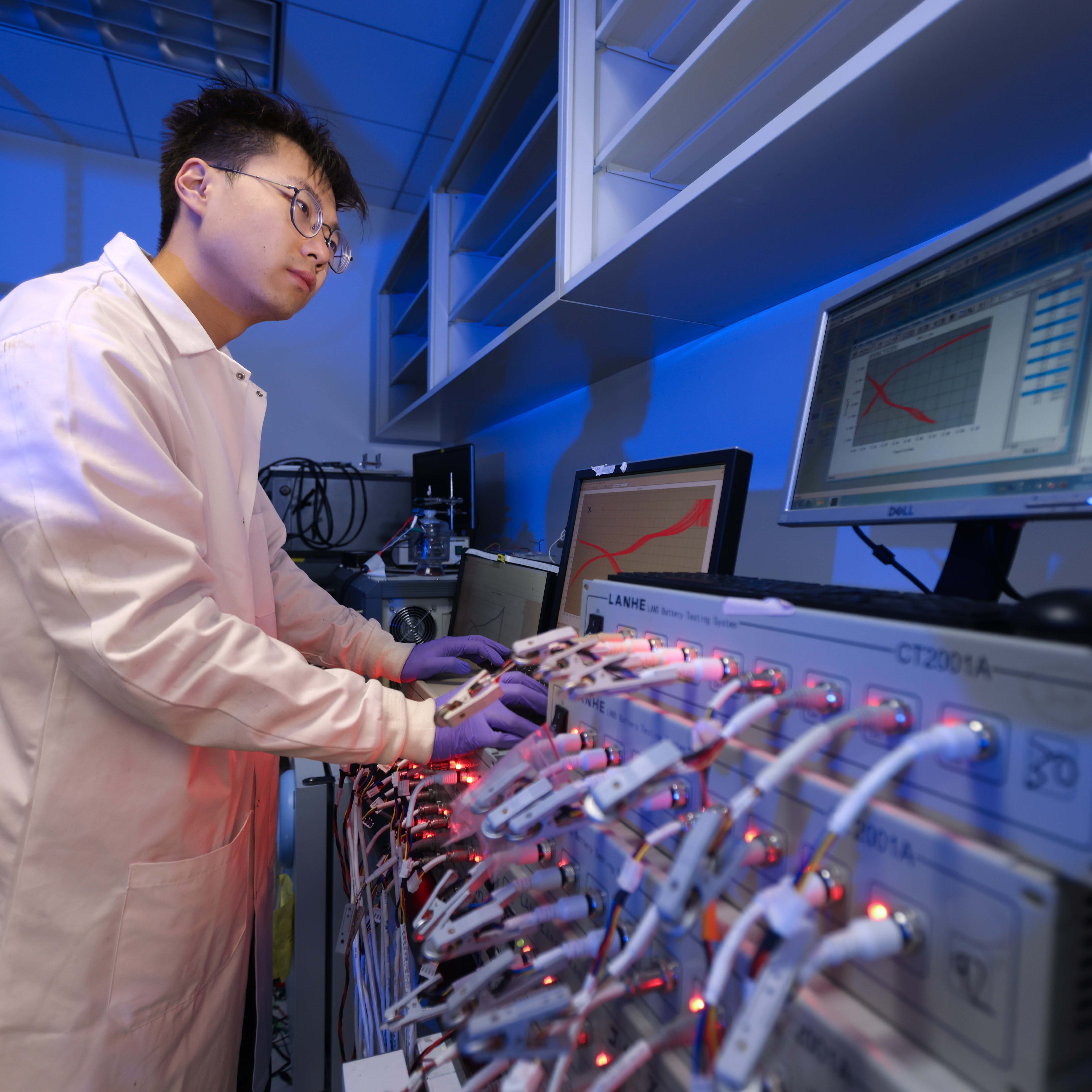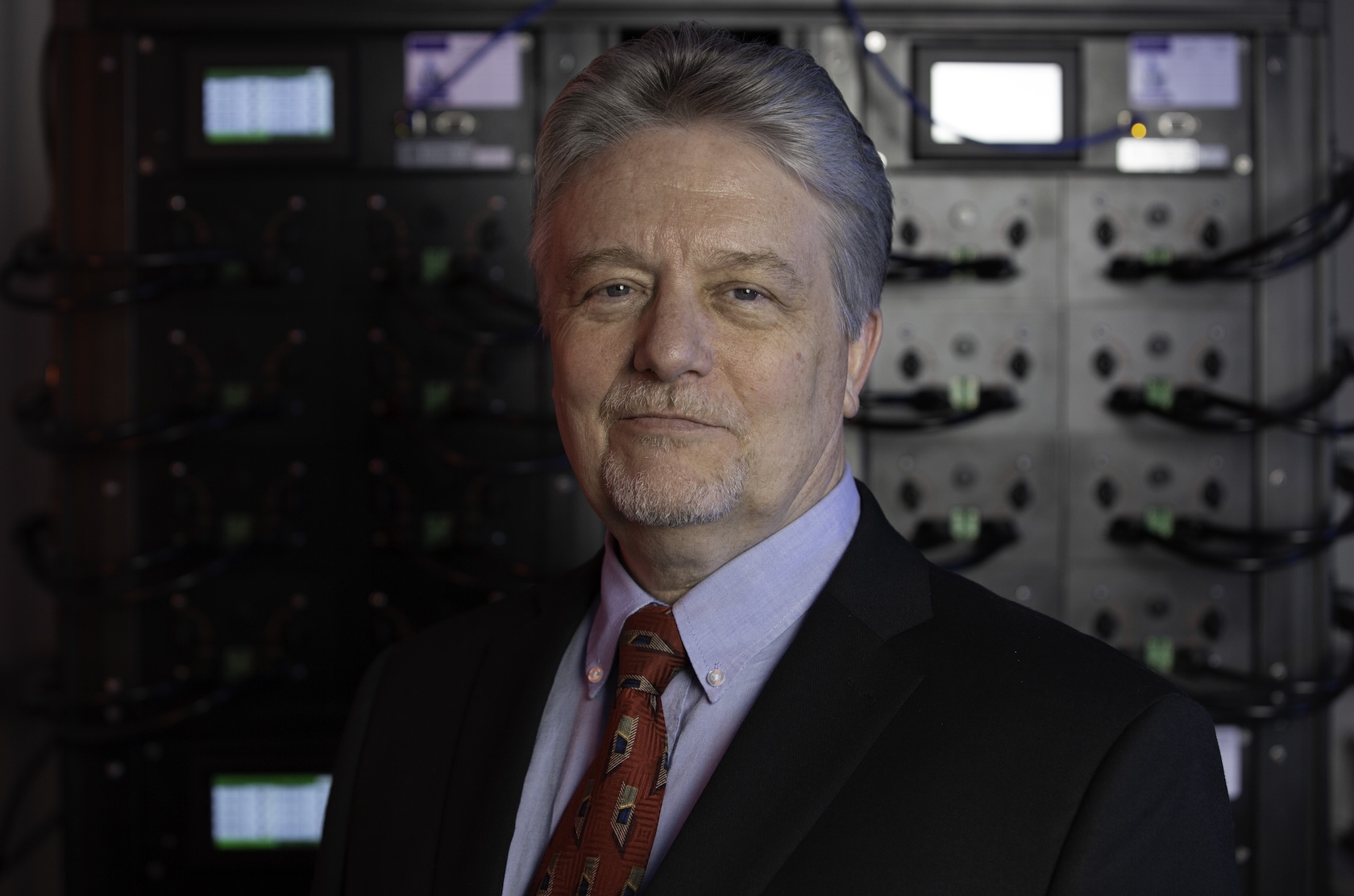News Story
AIM Seed Grants Support Three Engineering AI Research Projects
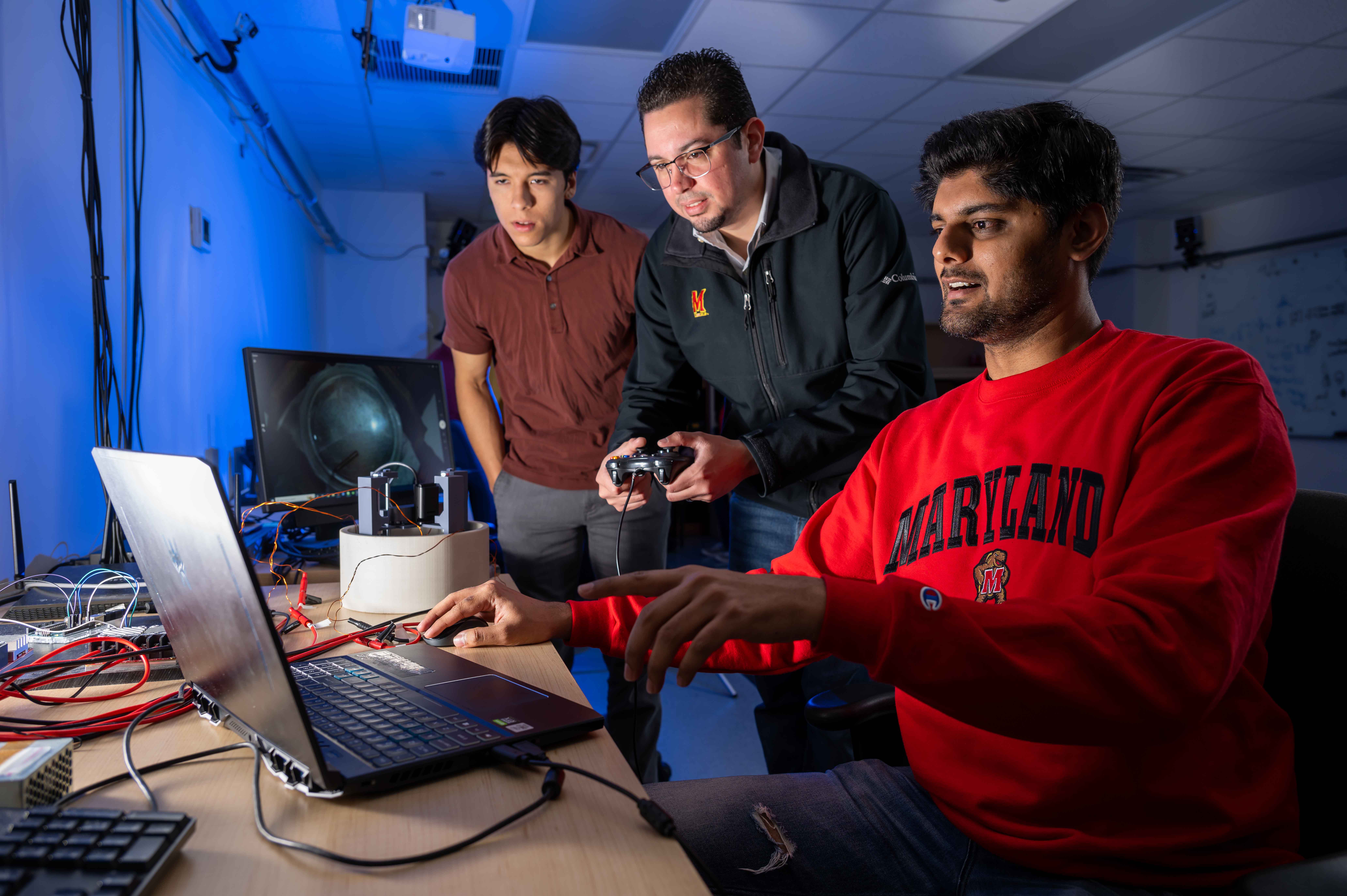
From developing futuristic packaging that guards food freshness and safety, to improving speech therapy for neurodiverse people, to developing novel sea ice monitoring techniques, 22 new artificial intelligence (AI) research projects were awarded through a new University of Maryland seed grant program, totaling about $1.5 million—with three of these initiatives housed in the A. James Clark School of Engineering.
The grants are administered by the Artificial Intelligence Interdisciplinary Institute at Maryland (AIM), a collaborative hub that the university launched last spring to conduct research, offer innovative and experiential learning opportunities for students, and focus on responsible and ethical AI technology to advance the public good. UMD and its philanthropic and industry partners plan to invest more than $100 million in the institute over the next 10 years.
"This year’s AIM research seed awards fund bold, interdisciplinary projects that embody the institute’s mission: to advance innovative artificial intelligence research through our four pillars of accessibility, social justice, sustainability and learning,” said Sheena Erete, AIM associate director of research and College of Information associate professor. “We are proud to support scholars who are expanding what’s possible through thoughtful, inclusive and impactful research.”
The grants were awarded in several categories, with funding from AIM and matching funds from campus units.
Cross-College Collaborative Awards ($100,000-$300,000)
AI and Robotics Accelerated Discovery of Biobased, Sustainable, Antimicrobial Food Packaging for Enhanced Postharvest Safety and Security: Chemical and Biomolecular Engineering Assistant Professor Po-Yen Chen, Chemistry and Biochemistry Assistant Professor Mercedes Taylor and Nutrition and Food Science Professor Qin Wang plan to integrate AI-driven predictive modeling with robot-automated, high-throughput experimentation to accelerate the development of next-generation bio-based food packaging.
Individual Faculty Awards ($5,000-$20,000)
A Data-Driven Deep Learning Strategy for High-Performance Atomic Catalyst Design: Mechanical Engineering Professor Teng Li plans to develop a data-driven, deep learning-accelerated design methodology to speed up the discovery of high-performance atomic catalysts by efficiently screening compositions and structures. The framework could significantly reduce the time and cost associated with materials discovery in clean energy, sustainable manufacturing and national security applications.
Individual Postdoc and Student Awards (up to $5,000)
Artificial Intelligence-Aided Causal Discovery of Failures in Hydrogen Fueling Stations: Mechanical Engineering Postdoctoral Associate Ruochen Yang, who is advised by Associate Professor Katrina Groth, plans to leverage operational data from hydrogen fueling stations to help uncover dependencies unknown to human operators and designers, optimize system performance and detect failure patterns that may not be immediately apparent. They expect to gain deeper insights into the causal relationship between key operational variables at hydrogen fueling stations, ultimately enhancing their safety, efficiency and reliability.
Published May 29, 2025



